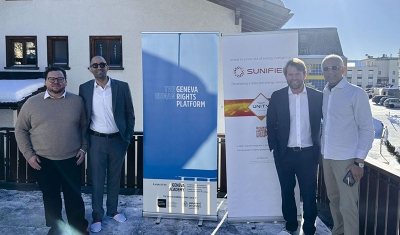Universality – i.e. the notion that international human rights law (IHRL) protects all individuals worldwide – has been a key IHRL principle since it was enshrined in the preamble of the Universal Declaration of Human Rights in 1948. By way of illustration, most – if not all – States have each ratified at least one (international or regional) human rights treaty.
However, in multilateral forums such as the United Nations (UN), States have never ceased challenging this principle – on both normative and political grounds. Such criticism originally consisted of relativism (human rights as a western(ized) conception). Today, certain States now regularly invoke exceptionalism (specific meaning and content of human rights guarantees viewed as being relative to a given situation or context) and particularism (invoking social and cultural norms or traditional values to justify non-compliance with universal human rights guarantees) with increasing fierceness. In other words, what used to be theoretical challenges to the principle of universality of human rights now permeate political dynamics and multilateral negotiations – making it increasingly harder to achieve (or sometimes even maintain) consensus.
Objectives
This research aimed at taking stock of and contributing to a better understanding of the above-mentioned challenges to the principle of universality of human rights while also questioning their validity. The research team notably examined the practice and associated discourse in multilateral forums around the following thematic issues and/or trends:
- Freedom of expression in the context of digitalization
- Measures aimed at the protection of minorities and vulnerable groups, and
- Sexual and reproductive health and rights.
It also paid attention to the following angles: a narrative favouring collective rights (the so-called 3rd generation of human rights) instead of individual rights – while being careful to not simply dismiss the former category; development as a pre-condition for respecting human rights; and the tendency to invoke on State’s sovereignty.












